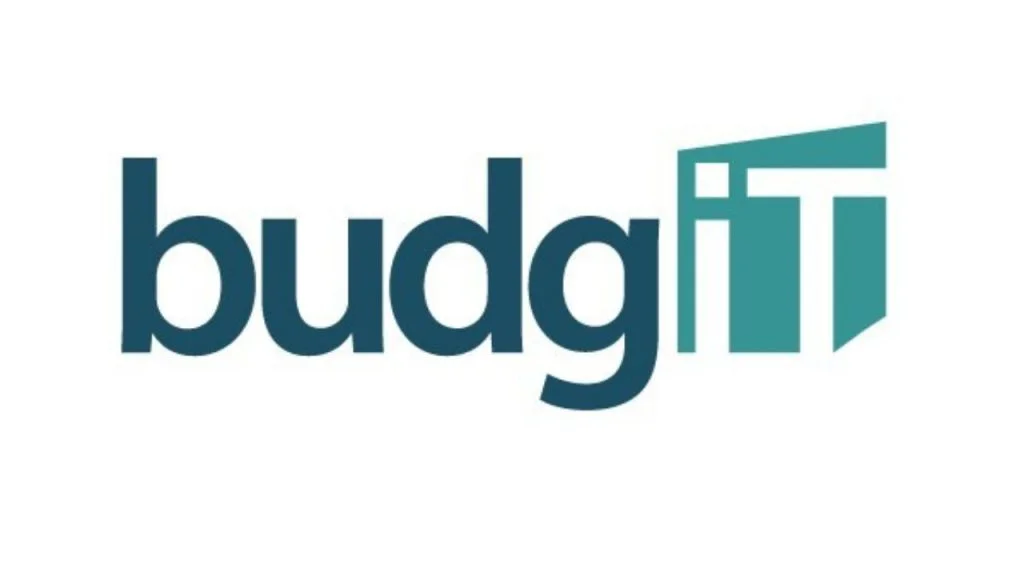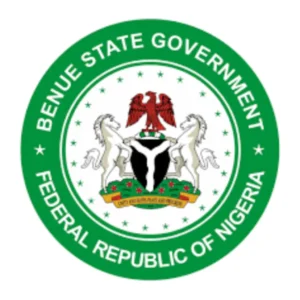In a surprising revelation, BudgIT, a civic-tech organization dedicated to promoting transparency and accountability in Nigeria’s public finance, has raised serious concerns about the Nigerian government’s 2024 budget. One of the most notable concerns involves the Nigerian Institute of Oceanography and Marine Research (NIOMR), Lagos, which has been allocated over N5 billion for road construction, N1.5 billion for streetlights, and over N300 million for supplying tricycles and motorcycles.
BudgIT’s concerns revolve around the fact that these allocations appear to have little to do with the core functions of the institute, which is supposed to focus on research related to oceans and marine life. The civic organization has expressed shock that a research institute dedicated to marine and oceanographic studies would be tasked with carrying out road construction and streetlight installations.
BudgIT made their observations public on their X (formerly Twitter) account, where they questioned the appropriateness of such budgetary allocations. Their post read:
“The Nigerian Institute of Oceanography and Marine Research, @NiomrLagos, has an allocation of over N5 billion to construct roads. The same institution is constructing streetlights with N1.5 billion and supplying tricycles and motorcycles with over N300 million. Please, what concerns ocean and marine research with road construction and keke distribution?”
The most significant portion of the allocation, over N5 billion, is earmarked for constructing roads. However, BudgIT questions why a marine research institution would be involved in road-building projects, which are typically handled by agencies in charge of infrastructure development, such as the Ministry of Works or other relevant bodies.
Another large sum, N1.5 billion, has been allocated for the installation of streetlights by the same marine research institute. Again, this raises concerns about the suitability and relevance of this task for an institution focused on oceanography.
Beyond roads and streetlights, over N300 million has been allocated for supplying tricycles (commonly known as “keke”) and motorcycles. BudgIT questioned why a research institution tasked with studying the ocean is involved in the distribution of these vehicles.
The concerns raised by BudgIT tap into a broader issue of misalignment in budget priorities. Public funds are meant to be allocated in a way that supports the core functions of government institutions. In this case, the primary role of the Nigerian Institute of Oceanography and Marine Research is to conduct research on ocean resources, marine life, and coastal ecosystems.
BudgIT’s post suggests that there is no clear connection between these allocations and the institute’s mandate. By assigning road construction and streetlight installation projects to a research institution, the government may be mismanaging funds that could otherwise be used for the institute’s primary purpose — such as ocean research, marine conservation, and fisheries development.
The civic-tech organization’s post quickly gained attention online, with many Nigerians sharing similar frustrations. The hashtag #TheBudgetisaMess has become a trending topic, as citizens express their dissatisfaction with the country’s budgetary process. Many have pointed out that this is just one of many instances where funds are seemingly allocated inappropriately or without clear justification.
BudgIT’s revelations have reignited calls for greater transparency and accountability in Nigeria’s budgeting process. When institutions receive allocations that do not align with their mandates, there is a real risk of wasting public resources. For example, the N5 billion assigned for roads could have been used for vital research into Nigeria’s marine resources, which would have a more direct benefit for the country’s economic and environmental sustainability.
The role of institutions like NIOMR should be reinforced with adequate funding for their specific research needs. For instance, the institute could focus on addressing issues such as coastal erosion, pollution, and fisheries development, which are critical to Nigeria’s coastline and marine biodiversity.
BudgIT has called on Nigerians to be vigilant and demand accountability from their government. The budget process should be open and transparent, allowing citizens to understand how public funds are being allocated and used. Institutions like the National Assembly and civil society organizations must also play a stronger role in scrutinizing the budget to prevent such anomalies.
Additionally, there should be more clarity in assigning projects to appropriate agencies. Road construction, streetlights, and vehicle distribution are better suited to infrastructure and transportation ministries or local government bodies that are equipped to handle such projects.
BudgIT’s concerns over the 2024 budget allocation for the Nigerian Institute of Oceanography and Marine Research are a reminder of the importance of aligning public funds with the core missions of government institutions. The misallocation of funds could divert resources away from essential research and development activities, potentially hampering Nigeria’s progress in ocean and marine conservation.
By raising these issues, BudgIT is prompting a necessary conversation about budget priorities and the need for responsible governance in Nigeria.
N5 billion allocated to a marine research institute for road construction.N1.5 billion for streetlights, raising questions about misaligned priorities.BudgIT calls for transparency and accountability in Nigeria’s budget process.Public outcry over budget mismanagement, with the hashtag #TheBudgetisaMess gaining traction.







